The IAPHS Blog is a virtual community that keeps population health professionals connected and up to date on the latest population health news, policy, controversies, and relevant research from multiple fields.
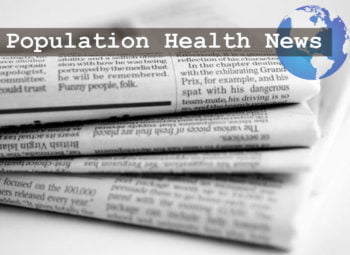
September Roundup: Population Health in the News
Disasters, DACA, drugs, intervention points, and persistent disparities. We curate the most important population health news for you every month.
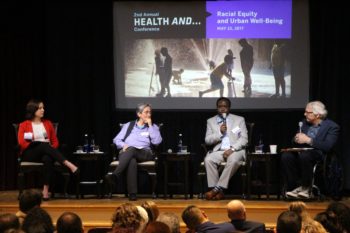
Moving from Research to Action: A Report on the Health And…Racial Equity & Urban Well-Being Conference
How can population health researchers go beyond describing the causes of disease to take action, and where should these researchers’ place in the action be? NYU’s Elaine Meyer reports from the Health And…Racial Equity & Urban Well-Being Conference.
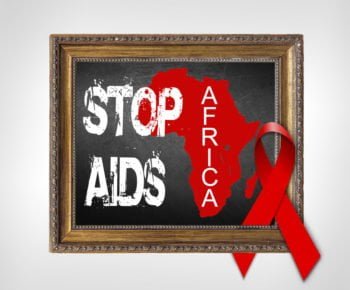
Book Review: “Modernizing Sexuality” by Anne Esacove
U.S.-led HIV prevention efforts in Malawi: are they effective? Dr. Anat Rosenthal reviews Dr. Ann Escacove’s book, Modernizing Sexuality.

Towards a More Comprehensive Surveillance of the Obesity Epidemic in the US
What’s been missing in the way we research obesity? Dr. Andrew Stokes shares his latest research.

How Does Institutional Change Produce Health Disparities?
In April, Mark Hayward, Centennial Commission Professor in the Liberal Arts at the University of Texas at Austin, gave the prestigious Matilda White Riley Excellence Lecture at the National Institutes of Health. His talk focused on the need to understand how institutional change shapes the evolution of health disparities and the specific forms they take.
Dr. Christine Bachrach interviewed Mark, a former member of the IAPHS Board, about how his ideas have evolved.

IAPHS Welcomes Newly Elected Leaders
The results are in! IAPHS congratulates the winners of the election for new 2018 leadership roles: Our new President-Elect, Ana Diez Roux, brings a wealth of population health and leadership expertise to IAPHS. Currently Dean of the Dornsife School of Public Health, Drexel University, Ana is internationally known for her work on social determinants of population health and neighborhood effects on health. Her work spans an extensive range of topics, including health disparities, environmental health effects, urban health, psychosocial factors in health, cardiovascular disease epidemiology, the use of multilevel methods, and, most recently, social environment-gene interactions and the use of complex systems approaches in population health. She has led interdisciplinary research and training programs in population health in the US and (collaboratively) in Latin America and has served in various academic leadership roles. She is an elected member of the American Epidemiological Society, the Academy of Behavioral Medicine Research, and the National Academy of Medicine. Ana will serve as IAPHS’s President-Elect in 2018, our President in 2019, and our Past President in 2020. We spoke to her recently about her future role in IAPHS. “IAPHS fills a unique space among scientific organizations devoted to population and health science, and I’m […]

Cynthia Colen to Serve as IAPHS Treasurer
IAPHS President Sandro Galea announced the appointment of Cynthia Colen, Associate Professor of Sociology at Ohio State University, as IAPHS Treasurer for the years 2018-2020.
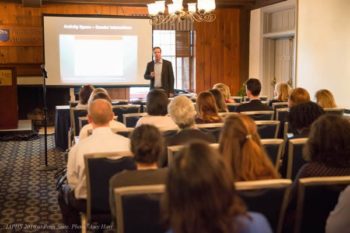
Population Health Goes to Austin: A Preview of the October Conference
Population Health Goes to Austin: A Preview of the October Conference
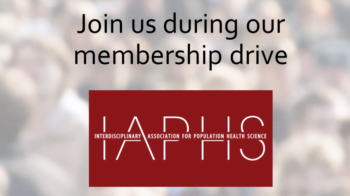

August Roundup: Population Health in the News
Our curated list of population health news from around the world. Read on for more about the opiate crisis, Zuckerberg’s big gift, and how getting around in the city can affect in your health, and more….
HAVE AN IDEA FOR A BLOG POST?
We want to hear about it! Read our contributor submission guidelines here and then email us at: altmanc@health.missouri.edu.
IAPHS Members: Share your news, accomplishments or publications with us
Click Here!
